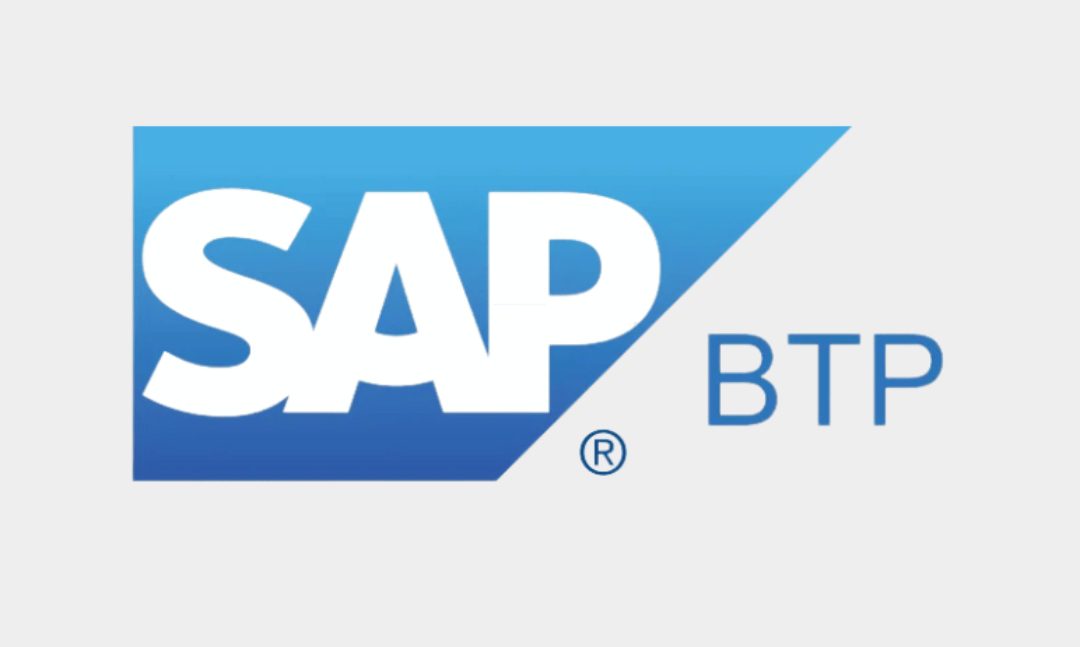For years, “offshore” in the SAP world meant one thing: scale at the lowest possible cost. Enterprises turned to far-shore partners for cost efficiency, but often at the expense of agility, alignment, and accountability.
Today, that model is cracking.
Global transformation programs such as S/4HANA migrations or BTP-driven innovation demand something far more sophisticated than time-zone handovers and ticket factories. They demand partners who understand the business context as deeply as they understand the code.
The question for CIOs and sourcing leaders in 2026 isn’t “Should we go offshore?” It’s “Who can we trust to co-own our transformation?”
And that’s where Europe’s new breed of SAP consulting firms for enterprise transformation is reshaping the very meaning of offshore.
The Talent Equation Has Changed
The post-pandemic technology landscape reshuffled everything. RISE with SAP accelerated cloud adoption. SAP BTP became the innovation platform of choice. And just as organizations needed more specialized skills like CAP, RAP, Fiori, event-driven integration, clean-core architectures, those skills became harder to find.
CIOs across the globe all report the same challenge:
“We can find developers. We can’t find niche expert developers who understand the modern SAP cloud stack.”
That gap is exactly where European SAP consulting firms are stepping in, blending deep SAP process experience with modern engineering disciplines like CI/CD, observability, and containerization.
The result? Offshore teams that can architect, co-innovate, and govern with the same discipline as internal teams.
Offshore Delivery Has Evolved. It’s Not About Cost Anymore; It’s About Capability
The old idea of offshore delivery no longer fits the enterprise reality. Today’s SAP transformations are too complex, too integrated, and too business-critical for that model to survive.
Offshore 2.0 isn’t about cutting cost; it’s about extending capability. It’s about building a distributed delivery model that behaves like an extension of your own organisation; one that’s responsive, transparent, and deeply aligned with your core strategy.
The world’s most effective SAP programs no longer treat offshore as a separate engine. They treat it as a strategic capability layer where specialized skills, modern tools, and architectural discipline converge to accelerate delivery without sacrificing governance.
Modern European SAP delivery models now combine:
- Architecture-first design. Every engagement begins with a technical blueprint that defines integration models, data flows, and lifecycle management before a single line of code is written. This prevents rework, reduces risk, and keeps innovation upgrade-safe.
- Fixed-scope agile sprints. Instead of long, abstract phases, work is structured into tangible, testable increments. Within weeks, CIOs see demo-ready deliverables to ensure alignment and measurable progress.
- Nearshore proximity. Delivery centers in Poland, the Nordics, and the DACH region operate within 1–3 hours of major European time zones. This enables real-time collaboration, cultural alignment, and faster iteration cycles without the handover friction of traditional far-shore setups.
- Governance built in. The new standard isn’t “deliver and disappear.” Every project includes built-in version control, documentation, CI/CD pipelines, and observability so that the system remains transparent, traceable, and maintainable post go-live.
In this model, offshore becomes co-sourcing, where both sides share ownership of the outcome. It’s a partnership built not on cost arbitrage but on capability, accountability, and trust.
Why Europe Is Becoming the New SAP Offshore Hub
Europe’s growing role in global SAP delivery isn’t an accident; it’s the result of two converging forces: Governance and Trust Culture and Deep SAP Lineage.
European SAP consultancies are built on regulated industries, long-term relationships, and a deep compliance mindset. That foundation translates directly into reliable delivery governance and transparent project execution.
Regions like Poland, Germany, and the Nordics have produced SAP S/4HANA Consultants who understand the modern SAP stack as well as how enterprises run on SAP. They speak both tech and business.
In this environment, “offshore” no longer means compromise; it means access to the right expertise, in the right region, under the right governance model.
Offshore 2.0 Isn’t About Where You Work, It’s About How You Work
Modern enterprises no longer need SAP talent who hide behind project trackers or waterfall reports. They need expert SAP Consultants who work side by side with internal teams from blueprint to go-live, as true partners in delivery.
There are many Europe-based SAP consulting firms that work with enterprises in the United States, Singapore, UAE, Australia, and New Zealand, functioning as an integrated part of the client’s team.
Time zones are no longer a limitation, just a coordination detail. What matters is the mindset: not contractors, but trusted engineering partners.
The smartest organizations aren’t asking “Who’s cheapest?”
They’re asking:
- Who can guide our digital core migration without technical debt?
- Who can support our cloud upgrade while keeping governance intact?
- Who can help us scale without disruption?
That’s what The Offshore Advantage 2.0 is truly about: capability, collaboration, and confidence in every delivery.



































